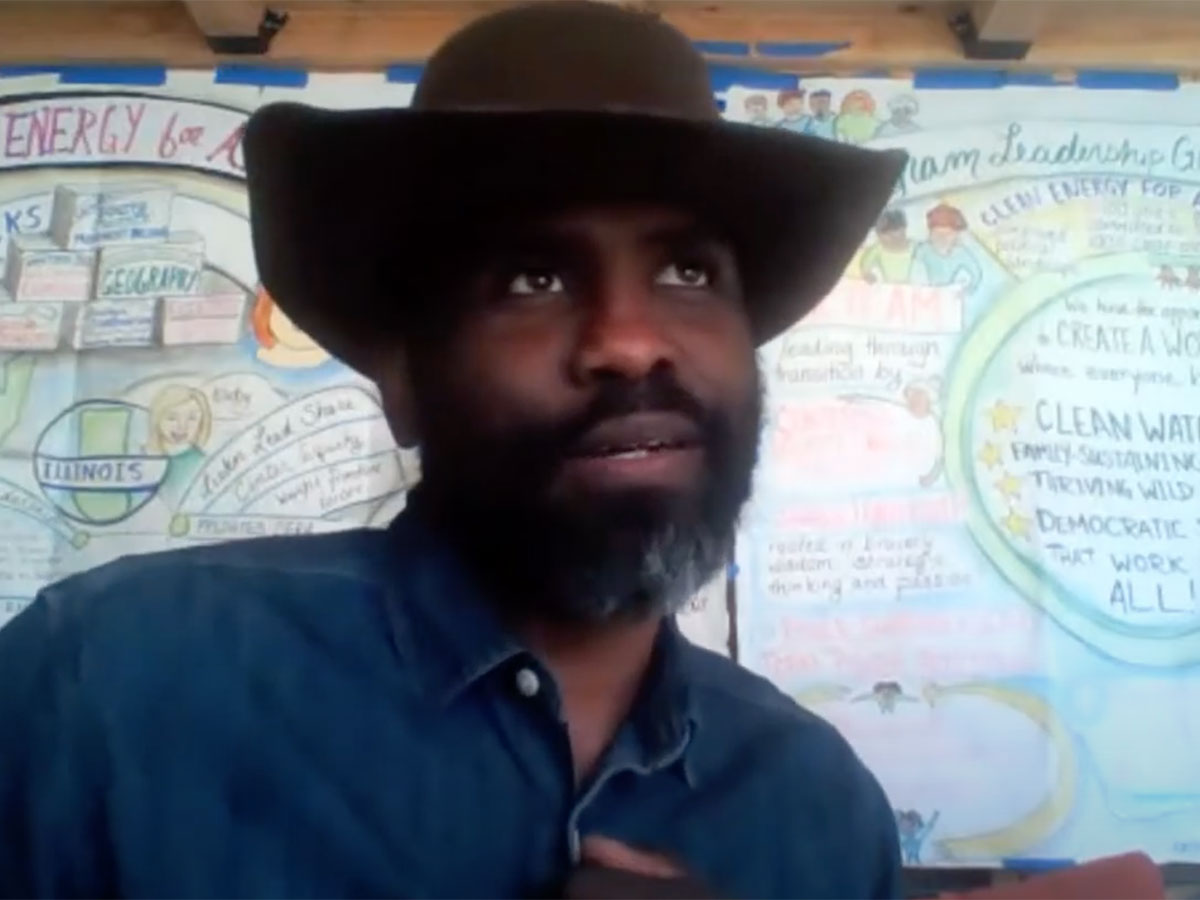Ever since I wrote Racism is Killing the Planet, I have been asked to speak a lot. Most people want me to make the same case I did in the piece—to argue, usually for a white audience struggling to understand, how white supremacy and racism are driving the climate crisis.
I recently got an invite from the Vermont Sierra Club chapter to speak. The topic was diversity and racial justice at the chapter. I said yes, curious to learn what “diversity” meant to the economically privileged mostly older white folks leading the chapter.
This is part of my job—I go to meetings and I talk with folks about how to transform our organization on the basis of racial justice and equity. But oftentimes all people want to ask me about is how to “diversify” their own internal team or chapter.
Nellis Kennedy-Howard, the Sierra Club’s first director of equity, wrote about the difference between a diversity-based approach and an inclusion-based approach. In fact, her first intervention as equity director was to remove the word “diversity” from our messaging about this work, and refocus on equity, inclusion, and justice. She argued that diversity should be an outcome of an inclusive community with equitable practices and priorities grounded in justice, not the goal in and of itself.
To me, these different approaches to transformation work can be boiled down to two questions. Is the Sierra Club trying to expand our base to include more BIPOC (Black, Indigenous, and people of color) to validate the work we’re already doing? Or is the Sierra Club attempting to transform our culture and share power in such a way that BIPOC folks would want to join our organization?
I can tell you one thing. If the goal of the Vermont chapter is to end up looking more like the demographics of Los Angeles—that just ain’t gonna happen. Ninety-two percent of Vermont residents, according to the most recent census, identify as non-Hispanic white people.
But race isn’t the only kind of lived identity that is a marker for environmental injustice. I told the folks from the Vermont chapter that if they want a more diverse membership, they should be recruiting white working-class people. I guarantee if working-class white people were leading that chapter, the campaigns and priorities would look very different. The work of a Vermont chapter led by working-class people would be more grounded in the basic needs of people impacted by environmental injustice.
And I’m betting a focus on environmental justice would make BIPOC people and partner organizations a lot more eager to work with the Vermont chapter.
Inevitably when I have these conversations about “diversifying” chapters and teams, people are looking for my help with one thing: how to get BIPOC to join them. But with a little conversation, it becomes clear that their expectations are a little more specific.
The people I talk with about this—usually white, cis, straight people—don’t just want Black people in their chapter; they want Black people who are just like them. Black people with middle-class incomes. Black people with advanced degrees. Black people with the time and patience to navigate the internal politics of a Sierra Club chapter.
Essentially, they’re looking for Black people who agree with them. Black people who support the current priorities and strategies of the existing Sierra Club.
But equity transformation doesn’t mean changing the face you show the world, and keeping your heart the same. When you say you want equity in our society, it means you want a fundamentally different society, one that shares the benefits as well as the burdens of our extractive economy more equally. In the process of developing an intersectional analysis of how we address climate chaos, the issues and campaigns the Sierra Club takes on will look different that those we’ve taken on in the past.
So if you want equity in your chapter, on your team, in your life and in your workplace—stop chasing after racial diversity alone. Diversity flows naturally from a true commitment to equity and justice. You might be able to convince "diverse" people to come to a meeting or two, but that’s not real transformation and those that come likely won’t stay. The risk of tokenization is high, while true transformation is stuck somewhere in the basement.
Fostering racial diversity in every organization and every space is not the only, or even the smoothest, path to a better world. The people of the Sierra Club have so much work ahead of us to transform the actual work that we do, to reorient all our programs and campaigns toward justice and equity for all. In order to reorient our programs and campaigns we must first recognize and understand that white supremacy is the foundation of our movement, our nation and the root of all extraction and disposability. Only when we do that, can we truly transform our organization on the basis of racial justice and equity.
